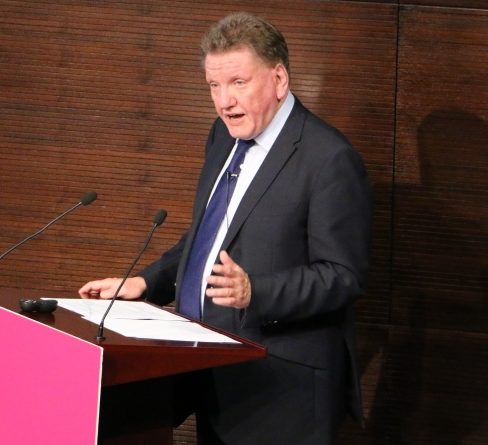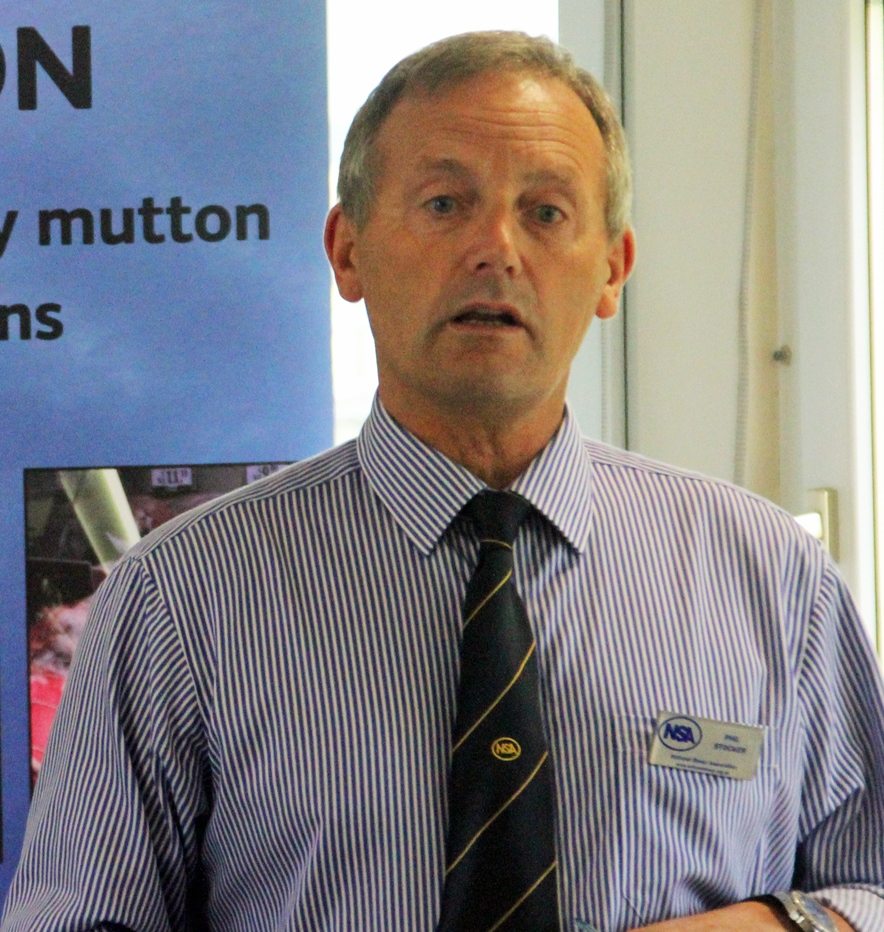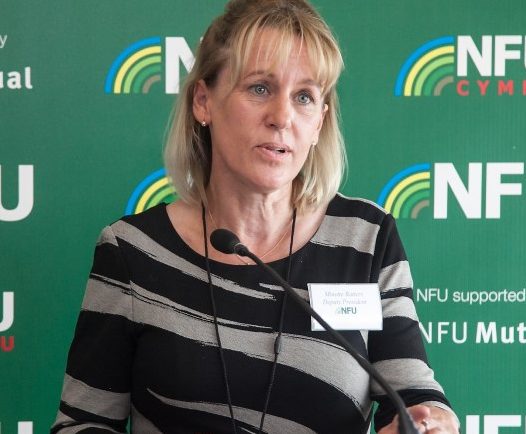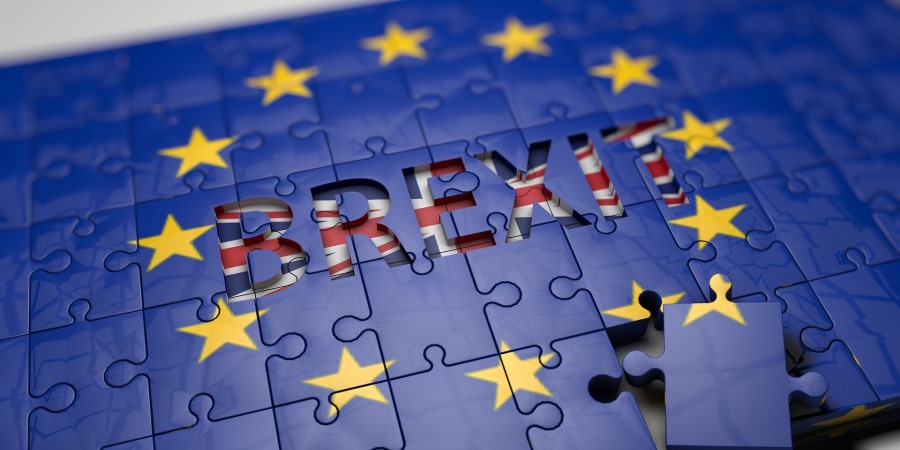The food industry has voiced its opinion on Prime Minister Theresa May’s Brexit deal being rejected by 230 votes in Parliament.
The defeat is said to be the largest for a sitting government in history.
Labour leader Jeremy Corbyn has now tabled a vote of no confidence in government, which could trigger a general election. The confidence vote is expected to be held at around 7pm today (16th January).
Responding to the vote, Ian Wright CBE, Food & Drink Federation (FDF) chief executive said: “The Prime Minister’s deal has been decisively rejected and it is now vital that the political leadership find a way to indicate what alternative should be pursued.

FDF chief executive Ian Wright CBE.
“We are calling for an extension to the transition period in order for parliament to decide what our next steps are; whether that is a new deal, a referendum, an orderly exit from the EU without a deal at a later date, or a general election.
“The government should now be looking to speak with representative organisations such as the FDF, to ensure they are pursuing an alternative that prevents further damage to the UK’s wider economy.”
Andrew Kuyk CBE, director general at Provision Trade Federation told Food Management Today: “The sheer scale of yesterday’s Parliamentary defeat – and the very limited time remaining – suggest that it will now be very difficult to agree any kind of deal before the end of March.

Andrew Kuyk, PTF director general.
“But the stark truth is that we are not ready for no deal either, leaving us in the worst of all worlds. Whatever planning may be going on behind the scenes, it has not been communicated to people or businesses in anything like the detail required – and real harm to people and businesses is already taking place.”
British Veterinary Association (BVA) president Simon Doherty said: “This result suggests that a no deal Brexit is increasingly likely, which would have a profound impact on the veterinary profession, particularly in the short to medium term.

Simon Doherty, BVA president.
“Uncertainty over the UK’s future status will put additional pressures on an already overstretched profession, so it is essential in the event of a no deal scenario that the government gains listed status for the UK as a matter of urgency.
The National Sheep Association (NSA) expressed the ‘immense frustration’ by the rejection of the Prime Minister’s proposed Brexit deal.
With parliament now dealing with a vote of no confidence, the organisation is calling for this to be dealt with urgently and to work together to quickly agree a way forward.
NSA chief executive Phil Stocker commented: “It is very concerning that two and a half years after the EU referendum, and two and a half months before we leave the EU, our politicians have chosen to block the only Brexit deal we have on the table – and that now the Government’s future has been thrown into question.

Phil Stocker, chief executive at NSA.
“All the preparation went into the proposed deal and it was the only thing on the table that offered British agriculture any kind of confidence. Right now the only thing we know is that we are heading closer and closer to a no deal, something we know would be extremely damaging for sheep farming and for our wider agricultural industry.
“Who knows what will emerge over the next few days and weeks, but it is unacceptable that businesses don’t have a clue about the framework they will be working within in some 80 days’ time. This is not an acceptable situation and NSA will continue do everything in its power to keep driving the dangers home to MPs.”
Responding to the House of Commons voting against the Prime Minister’s Withdrawal Agreement last night, NFU president Minette Batters said: “As a result of the vote in the House of Commons, the country now finds itself in a situation where a no-deal Brexit appears to be increasingly likely. I have been clear that such an exit would simply be catastrophic for Britain and its food and farming sector and the country’s ability to produce home-grown food.

NFU president Minette Batters.
“A no-deal Brexit could lead to huge disruption as a result of an effective trade embargo on the export of animals and animal products to the EU, leaving many livestock farmers with no market for their produce. At the same time, we know that the Government would choose to unilaterally lower import tariffs on food.
“Let’s be clear about that, if that happened Britain would be actively encouraging food imports from all over the world potentially produced to food standards lower than is legally allowed by UK farmers. This would leave our own farmers facing the devastating outcome of having limited markets for their own produce while at the same time being undercut by low standard imports.
“Such a move would leave Britain with a weakened ability to produce its own food. Once the tap of British food production is turned off, it would be very hard to turn it on again. Nobody would benefit from this.
“A no-deal Brexit has to be avoided at all costs. The NFU has been clear that reaching a Brexit deal is a priority and we will be assessing any deal against our six key principles agreed at an Extraordinary meeting of the NFU’s Council in December, which includes avoiding a no-deal and ensuring free and frictionless trade with our biggest trading partner.
“The NFU is at the forefront of our industry coming together to warn against a no-deal outcome and we remain committed to playing our part in representing British farmers and growers throughout this process, ensuring their voice is heard across Parliament.
“I urge the Government to take all the necessary steps to achieve a deal with the EU that delivers on these principles.”









